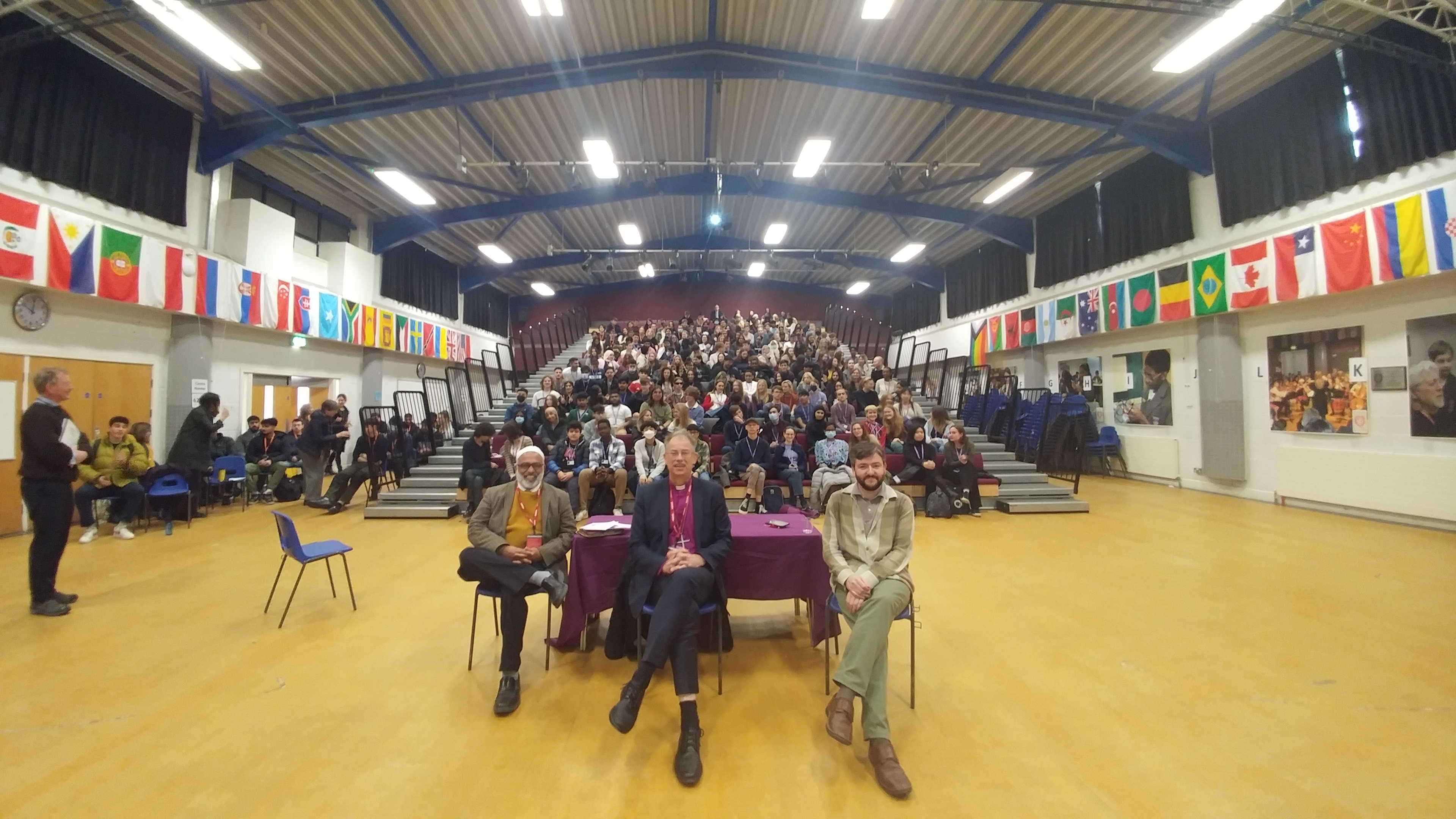 We are delighted to announce a Festival in collaboration with the University of Oxford and Università Ca’ Foscari Venezia, “Read Between The Lines: From Hieroglyphs to Emojis” on Tuesday 11th November, 3.30 – 5.30pm at Cheney School – followed by a Labyrinth escape!
We are delighted to announce a Festival in collaboration with the University of Oxford and Università Ca’ Foscari Venezia, “Read Between The Lines: From Hieroglyphs to Emojis” on Tuesday 11th November, 3.30 – 5.30pm at Cheney School – followed by a Labyrinth escape!
The “Read Between The Lines” event (but not the Labyrinth Escape) will be British Sign Language interpreted.
Emojis, scare quotes, cartouches in Egyptian hieroglyphs, and many more elements of written texts exist between, around, or on top of the words themselves, and help us read between the lines.
They may provide emotional cues, let the writer use a word without quite “believing” in it, tell us what to focus on, or make the name of an important person like Tutankhamun stand out… This event will celebrate ancient and modern inventions for reading between the lines!
Activities will include experiments on ancient and modern writing, designing your own emoji, deciphering a Linear B tablet, making a cuneiform or an Egyptian hieroglyphic text look professional…all with Minoan dancing, facepainting and refreshments! Myth and Voice Initiative will also run activities exploring 'writing between the lines' from new Minoan inspired novel Flower Gatherers.
At 3.05pm, 4pm, and 5pm, there will be a ten-minute performance of a fun new play, “Where have the ancient emojis gone?”, directed by Paul O’Mahony and followed by a discussion with experts on all sorts of symbols.
The whole event will be followed by a very exciting Labyrinth Escape Show at 5.30pm – not to be missed!
You can see the full brochure for the event online here.
The event is free and open to all ages. We welcome school groups as well as individuals and families. To book, please fill in this form. If you have any questions, please email This email address is being protected from spambots. You need JavaScript enabled to view it.
This project has been supported by the University of Oxford’s PCER Fund; the Philological Society; the TORCH Performance Research Hub (University of Oxford); the Faculty of Classics (University of Oxford); the Faculty of Linguistics, Philology & Phonetics (University of Oxford); the Faculty of Asian & Middle Eastern Studies (University of Oxford); Wolfson College, Oxford; the Institute of Classical Studies; the General Fund for Assyriology (University of Oxford); the Iris Project; and the Society for the Promotion of Hellenic Studies.
 On Saturday 21st February, 2.30 – 4.30pm, we are delighted to announce a very special afternoon at our Creative Writing Cafe. We will be teaming up with Dr Efi Spentzou from Myth and Voice to explore the Minoans.
On Saturday 21st February, 2.30 – 4.30pm, we are delighted to announce a very special afternoon at our Creative Writing Cafe. We will be teaming up with Dr Efi Spentzou from Myth and Voice to explore the Minoans. We are delighted to announce a Festival in collaboration with the University of Oxford and Università Ca’ Foscari Venezia, “Read Between The Lines: From Hieroglyphs to Emojis” on Tuesday 11th November, 3.30 – 5.30pm at Cheney School – followed by a Labyrinth escape!
We are delighted to announce a Festival in collaboration with the University of Oxford and Università Ca’ Foscari Venezia, “Read Between The Lines: From Hieroglyphs to Emojis” on Tuesday 11th November, 3.30 – 5.30pm at Cheney School – followed by a Labyrinth escape! We are delighted to announce our Museum Project Presentation evening this year. Our Year Nines have spent many months working on individual research projects on a range of aspects of museums. The students are finishing their essays and artefacts, and preparing to present to the public at the presentation evening on Friday 20th June, at Cheney School, from 4.30 - 6.30pm.
We are delighted to announce our Museum Project Presentation evening this year. Our Year Nines have spent many months working on individual research projects on a range of aspects of museums. The students are finishing their essays and artefacts, and preparing to present to the public at the presentation evening on Friday 20th June, at Cheney School, from 4.30 - 6.30pm. 
